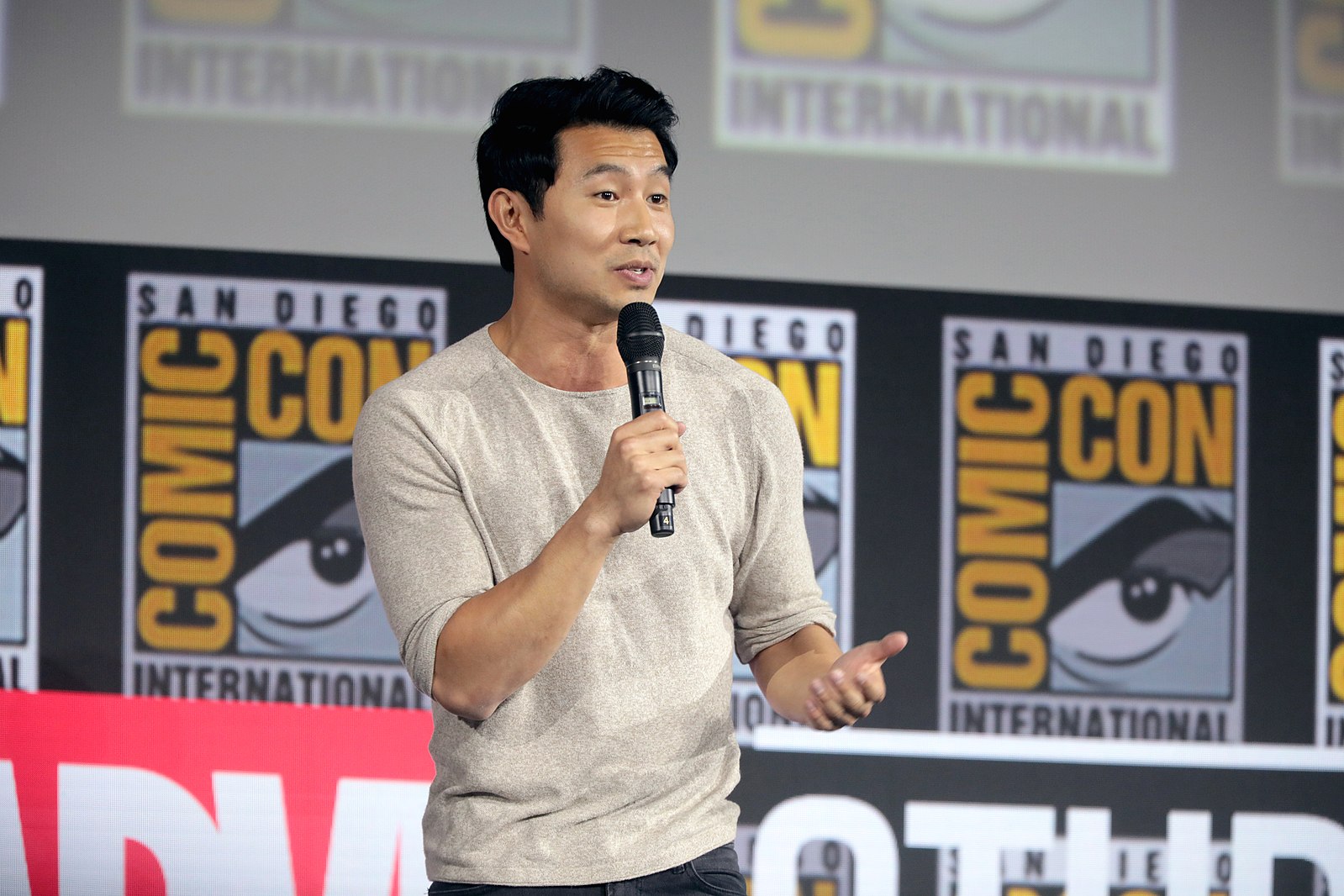If Marvel has proven anything over their time building the MCU, it is that they run a tight ship. Sure, the human element will always be a factor, and as such slip-ups happen whether they be plot details accidentally spoiled by actors (we’re looking at you Tom Holland), or how these stars must conduct themselves in public overall.
Thus, it initially came as a surprise when Simu Liu, star of the upcoming Shang-Chi and the Legend of the Ten Rings, admitted that he was “almost disappointed” when he first heard that this Asian character, which he would eventually end up playing, was joining the MCU. He further elaborated, telling Men’s Health “I was like, how many opportunities do we have for Asian superheroes, and this one guy is, like, just a kung fu master? It just felt kind of reductive and, you know, not true to life and not anything that I could relate to.”
To clarify, Liu was only offering his initial thoughts at the character’s announcement by Marvel, before ever so much as auditioning. And it is actually quite an understandable sentiment to hold, not just because of Hollywood’s spotted history in Asian portrayal, but also given that this will be the first Marvel movie led solely by an Asian character, whose impact could potentially rival that of Black Panther. He went on to say that as he researched further, he came to relate with the character, reflecting “I am that person that struggled with my whole life. I am that person that’s always felt like he wasn’t enough”, which he feels are “more core to Shang-Chi’s character than his ability to punch people.”
Nonetheless, whether intentional or not, Liu’s comments actually tapped into an issue of racial representation that dogged the MCU in its earlier days, and he is certainly not the only person who knows this.
Kevin Feige, the man who created the MCU and has produced every one of its entries, admitted in the same interview that he regretted whitewashing The Ancient One, played by Tilda Swinton in Doctor Strange and again in Avengers: Endgame. To give Feige credit, the reasoning at the time came down to the Asian character’s racially problematic depiction in the comics, thinking that gender-flipping was “so smart, and so cutting edge,” but later considered “’Well, wait a minute, is there any other way to figure it out? Is there any other way to both not fall into the cliché and cast an Asian actor?’ And the answer to that, of course, is yes.” While this is a welcome epiphany from the producer extraordinaire, it still fails to touch on the MCU’s less inclusive early phases.
Marvel, and indeed Feige, knew they had to ‘play it safe’ in the early years of the MCU for perceived commercial purposes, which in Hollywood terms sadly meant that the leads in every standalone MCU movie in the first two phases were white males. That even includes the team-based blockbuster Guardians of the Galaxy, which featured African American actress Zoe Saldana in a leading role, yes, but Chris Pratt’s Starlord is the true main character when all is said and done. They were eighteen movies into the MCU (including the first two Avengers entries) before Black Panther came along in 2018, which was the first solo outing for a non-white hero in the MCU, while also featuring a predominantly black cast. Better late than never, I suppose!
Thinly veiled sarcasm aside, following the critical, commercial, and indeed cultural tsunami that was Black Panther, Marvel produced another megahit the following year with Captain Marvel, which was the first MCU solo movie with a female lead. It’s true that Ant-Man and the Wasp had released the year before, elevating Evangeline Lily’s character to title billing, but she still played second fiddle to Paul Rudd’s Ant-Man, so the achievement goes to Brie Larson.
The point is, Marvel took all this diversified success as a clear indicator of MCU’s direction in Phase Four, which has proven to be their largest and most varied slate of movies yet. Eleven films in total (as of now), it opens with the Scarlett Johansson-led Black Widow, followed by Shang-Chi, and then Eternals, whose trailer was only released today and features the most diverse cast in the MCU yet, not to mention it is directed by Chinese filmmaker Chloé Zhao, who is fresh off her history-making night at the Oscars. These changes go a long way in addressing the exact issues that had clearly troubled Liu, and indeed many fans who wanted to see a better representation of minorities in mainstream cinema, especially when it is part of the most financially successful franchise of all time.
Even in Eternals, which boasts a sprawling core cast equal parts male and female, and much like Guardians of the Galaxy there is a single character that can ultimately be identified as the lead, but this time around it is a woman in Gemma Chan’s Sersi, which Feige himself has acknowledged. If this wasn’t enough, Chan is also of Asian descent, while the film’s director, recent Oscar-winner Chloe Zhao, is herself Chinese.

